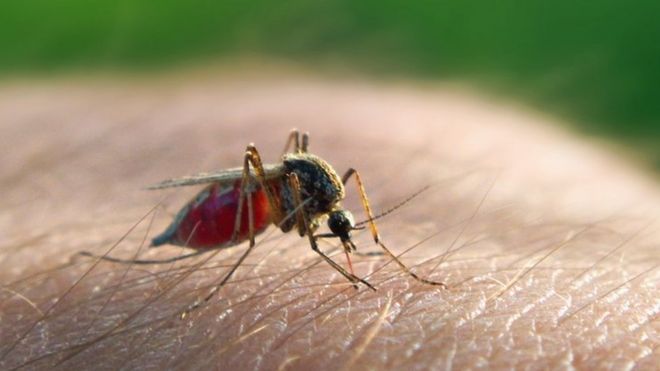
With the irruption of COVID-19, the disastrous truck of malaria was left behind, as the cause of high numbers of deaths in the world. The eradication of malaria is a chimera for various countries, especially for those settled in the regions with the greatest poverty in Africa and Asia; meanwhile, treatment in America, with the active help of the Henry Reeve International Contingent of Doctors Specialized in Disaster Situations and Serious Epidemics, has led to the control of those infected and the decline in statistics.
Puerto Padre, Las Tunas.- Although the World Health Organization (WHO) declared Cuba free of such infection in 1973, the health authorities remain alert to the growing migratory flow. In statements to 26, Dr. Bertha Domínguez Hernández, a specialist at the Hygiene, Epidemiology, and Microbiology Center of Puerto Padre recounted the daily risks that go unnoticed in the population.
“We don’t let our guard down because at any moment it can be introduced to the Island by people who arrive from nations with the disease. We have even had cases through this route, in which, unfortunately, in the municipality, the last patient died.
“It is a disease that can be transmitted through the bite of the female Anopheles mosquito, as well as the placenta, blood transfusions, and the use of infested needles and utensils. However, it is necessary to highlight that the main way of propagation is vectorial. The incubation period ranges from nine to 40 days, which complicates detection, therefore there can be no confidence in this regard. Even more when in different lagoons and other still water concentrations we have the presence of the mosquito. With the arrival of a patient, there would be the two pillars for expansion in the community, hence the commitment of all concerning care.”
In the last five years, the WHO certified Argentina, El Salvador, and Paraguay free of autochthonous malaria infection. Despite progress towards elimination, where 138 million inhabitants of the “New World” are still at risk of malaria fatalities, rural areas remain in focus. In Villa Azul, risks are also present.
“Prevention is vital since the disease is located on all continents and, obviously, we receive travelers from those latitudes. There is a mechanism to know the place of origin of each passenger and their surveillance is the responsibility of the health team of the family doctor's offices. Any clinical manifestation, especially fever, requires hospital admission. Likewise, some symptoms associated with a virus accompany the development of the illnesses; general malaise, sweating, chills, among others.”
While vaccines continue as laboratory trials, the protection and conscious work of physicians and society, in general, mean the most effective dose to preserve health.





